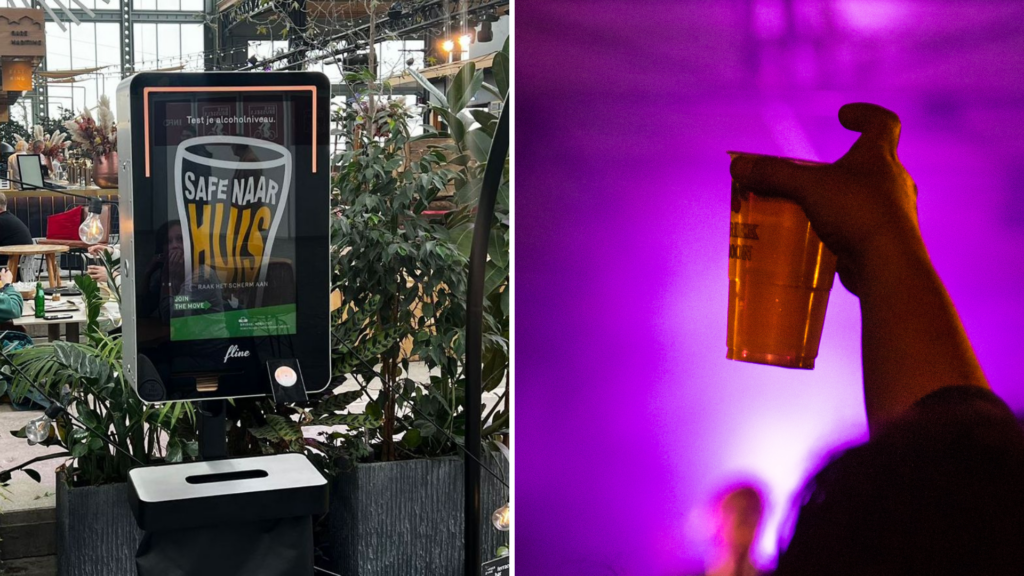Drink-driving remains one of the biggest dangers in Brussels' traffic. The region is therefore rolling out breathalysers in popular nightlife districts to prevent people from getting behind the wheel drunk.
Last year, 8% of accidents that occurred across the region involved one or more drivers who were under the influence of alcohol. Meanwhile, almost one in ten people who get around with e-scooters do so after drinking, leading to dangerous situations in traffic and even fatal accidents.
"Your life and that of others is too precious to risk through alcohol consumption," Elke Van den Brandt, Brussels Mobility Minister, said. "Doubting whether you can still drive? Get tested and go home in safety."
People on a night out or who have been spending the afternoon drinking on one of Brussels' many terraces can now test their alcohol level at one of the new breathalysers installed in a number of the region's busiest districts for bars and clubs since the start of this year.
More than half over limit
The educational "totems" allow people to quickly find out their alcohol level and what this means for their safety. The aim is to make people aware of the dangers of drinking alcohol, even in small quantities, and then driving.
The breathalysers are located at several places in Brussels, including four in the city centre; one near Place du Luxembourg, a popular drinking destination; one in Ixelles and several others further outside the city centre.

Credit: Brussels Mobility/ Google
"Since the devices were installed, 8,116 tests have already been carried out," Van den Brandt said. "The average recorded alcohol content is 0.33 mg/l, with a maximum measured result of 2.55 mg/l. Of the tests carried out, 56% were above the legal limit of 0.22 mg/l." Young people aged 19 to 24 had the highest alcohol level, with an average of 0.38 mg/l.
"If you are planning to drive and have had one or two glasses of alcohol, do a breathalyser test to determine your blood alcohol level," Van den Brandt said. "The best solution is still not to drink any alcohol at all if you plan to still drive." She added that there are many travel alternatives in Brussels, such as a Collecto or regular taxi.

